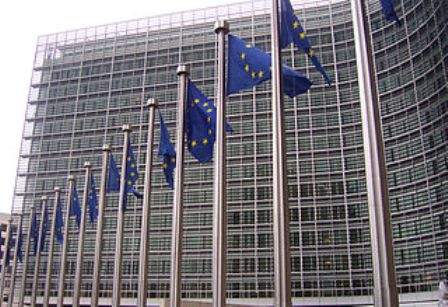
The agreement has been signed to make cross-border payments in euro cheaper across the entire European Union (EU).
According to European Commission (EC), the agreed rules will help provide more transparency in currency conversion when consumers are paying by card.
The agreement will enable consumers and businesses in euro and non-euro countries to be charged with low-cost euro transactions across borders.
The new regulation will help make currency conversion charges fully transparent and comparable, enabling consumers to save money on currency conversion costs when they travel or shop overseas.
European Parliament and Council have provisionally agreed for the new rules, which were approved by EU permanent representatives at their meeting in Brussels.
The agreed rules will enable consumers and businesses outside of the euro area to gain from the single market and effective efficient euro payments infrastructure when they send money, withdraw cash or pay abroad in euro.
As per the new rules, all payments in euro outside the euro area will cost the same as domestic payments in the local official currency, enabling to incur low or even zero fees.
The rules will also help EU consumers to compare currency conversion charges when paying with their cards in another EU currency.
Banks, merchants or ATM operators providing a transaction in the consumer’s home currency must reveal currency conversion charges to help consumers select the best option.
Consumers will also be provided with information regarding the currency conversion charges levied by their banks when sending money abroad through their online banking platforms.
European Commission vice president Valdis Dombrovskis said: “With this agreement, non-euro country citizens will also enjoy one of the benefits of the euro. That is, low-cost euro transactions using highly efficient euro payments infrastructure.
“Moreover, this regulation will boost competition in the area of currency conversion. And it will allow Europeans to easily check and compare conversion charges when paying abroad with their cards, or when sending money online to a country with another EU currency.”






